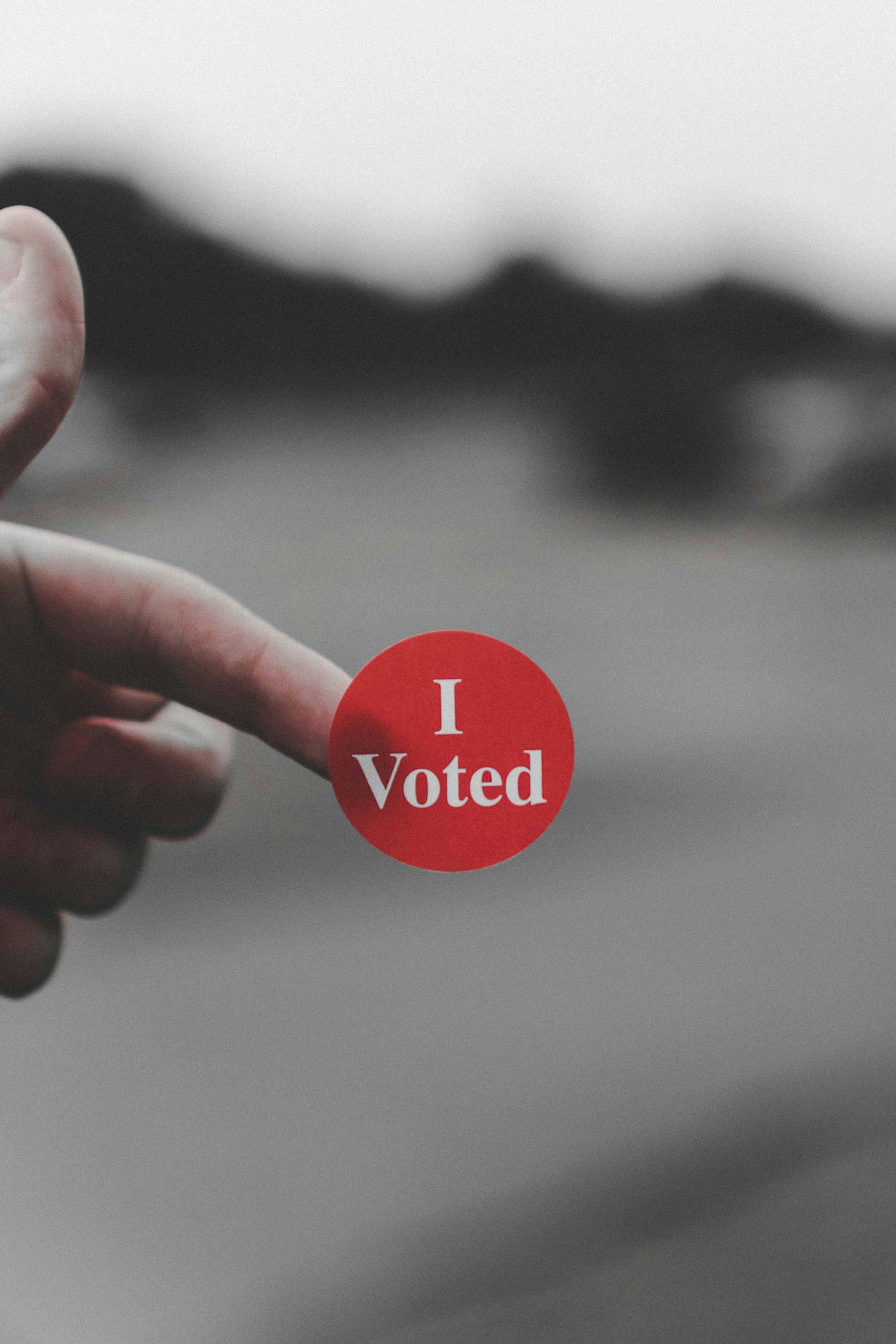- Details
- Published: 31 March 2025
By Heather Campbell Pope
Author’s note: This is an updated version of an article posted on the CNPEA blog in June 2015.
With Canadians heading to the polls on April 28, a common question is whether people with dementia are eligible to vote in the federal election. The answer is yes.
According to the Canada Elections Act, every Canadian citizen who is at least 18 years old on polling day is qualified to vote. The legislation places no restrictions on voting rights for individuals with mental disabilities, including those with neurocognitive disorders like dementia.
While many democracies worldwide deny the right to vote based on cognitive impairment, Canada is among a handful of countries that universally protect this sacred right for all adult citizens, enshrining it in section 3 of the Canadian Charter of Rights and Freedoms.
“The right to vote is fundamental to our democracy and the rule of law and cannot be lightly set aside,” wrote former Supreme Court of Canada chief justice Beverley McLachlin in a 2002 decision on prisoner voting rights.[1]
Yet from time to time, and often influenced by American politics, voting rights for people with dementia are threatened. For example, concern surged after the 2000 U.S. presidential election, when George W. Bush won by just 537 votes in Florida, a state with a large senior population.
“Precisely because Alzheimer’s disease insidiously erodes the ability to make reasoned judgments informed by knowledge of recent and remote events, it is somewhat unnerving to consider that patients with dementia may routinely contribute to selecting the leader of the free world,” wrote two doctors in a medical journal.[2]
Others have expressed similar concerns. In New Zealand, for instance, a nursing home industry executive suggested it could be paradoxical for dementia unit residents to be registered to vote if they have been deemed unfit to make their own decisions: “To be able to determine someone has the will and ability to vote in an aged residential care secure dementia unit, I think, is a very high threshold. And I don’t see how it can be met.”[3]
Concerns about dementia and the capacity to vote are legitimate, but it helps to think about riding a bike. “Capacity to vote is much like the capacity to ride a bicycle, which can be determined accurately only by allowing the individual to mount a bike and start pedaling,” writes the American Bar Association Commission on Law and Aging and the Penn Memory Center.[4] “If capacity is lacking, the task just won’t be completed.”
To be sure, there are genuine worries that long-term care residents will be exploited for partisan gain. Care homes are often heavily visited by candidates during an election, which is a good thing that facilitates political inclusion, but it can create situations where cognitively frail voters are unduly influenced and pressured into voting a certain way.
Family members and caregivers can also cross the line into undue influence, essentially voting twice and undermining electoral legitimacy.
Among seniors living at home, those who receive care from an adult child are at a heightened risk of being excluded from the democratic process. This population is less likely to vote than seniors who receive care at home from a spouse.[5] Oftentimes an adult child simply does not have the time to take their parent to the polling station, due to work, childcare or other responsibilities during the day, while others purposely prevent their older parent from voting.
What do voting rights have to do with elder abuse? In some cases, preventing a senior from casting a ballot can be about control and isolation, a common tactic of abusers that can include a pattern of deliberate behaviours like withholding medication, intercepting mail, denying visitors and restricting religious practices.
More often care partners are simply mistaken about voting rights, innocently assuming that people with dementia cannot vote. But this still undermines the person’s sense of dignity and self-worth—and violates their civic right and responsibility to cast their ballot.
To enhance political participation among people with dementia, let’s keep raising public awareness that Canadians with dementia have the constitutional right to vote in the federal election.
Heather Campbell Pope is founder of Dementia Justice Canada, a small nonprofit dedicated to safeguarding the rights and dignity of people with dementia.
[1] Sauve v. Canada (Chief Electoral Officer), 2002 SCC 58 at para. 9 [for the majority].
[2] Victor W. Henderson & David A. Drachman, “Dementia, butterfly ballots, and voter competence” (2002) 58:7 Neurology 995.[3] Martin Taylor cited in RNZ, “Dementia patient vote questioned” (8 September 2014).
[4] American Bar Association Commission on Law and Aging and the Penn Memory Center, “Assisting Cognitively Impaired Individuals with Voting: A Quick Guide.”
[5] J. H. Karlawish et al., “Do Persons with Dementia Vote?” (2002) 58 Neurology 1100, cited in Michael J. Prince, “Electoral Participation of Electors with Disabilities: Canadian Practices in a Comparative Context” (Prepared for Elections Canada, March 2012) at 19.

















